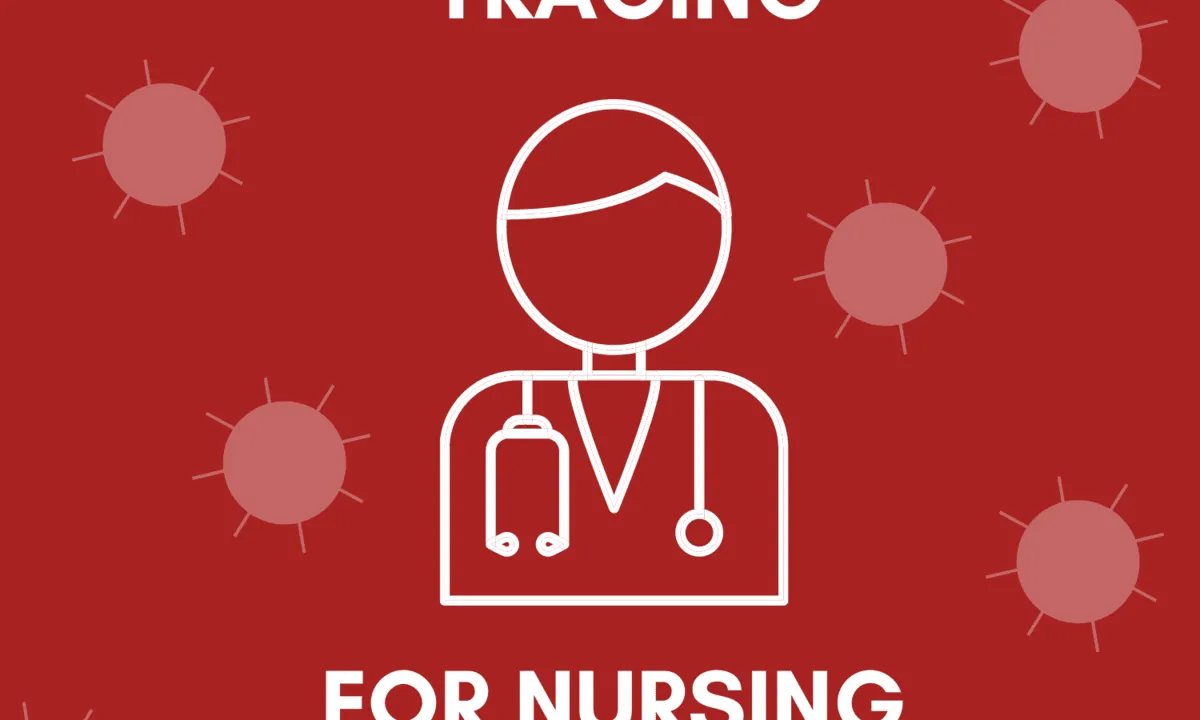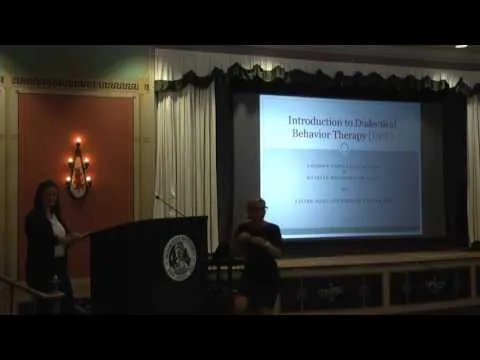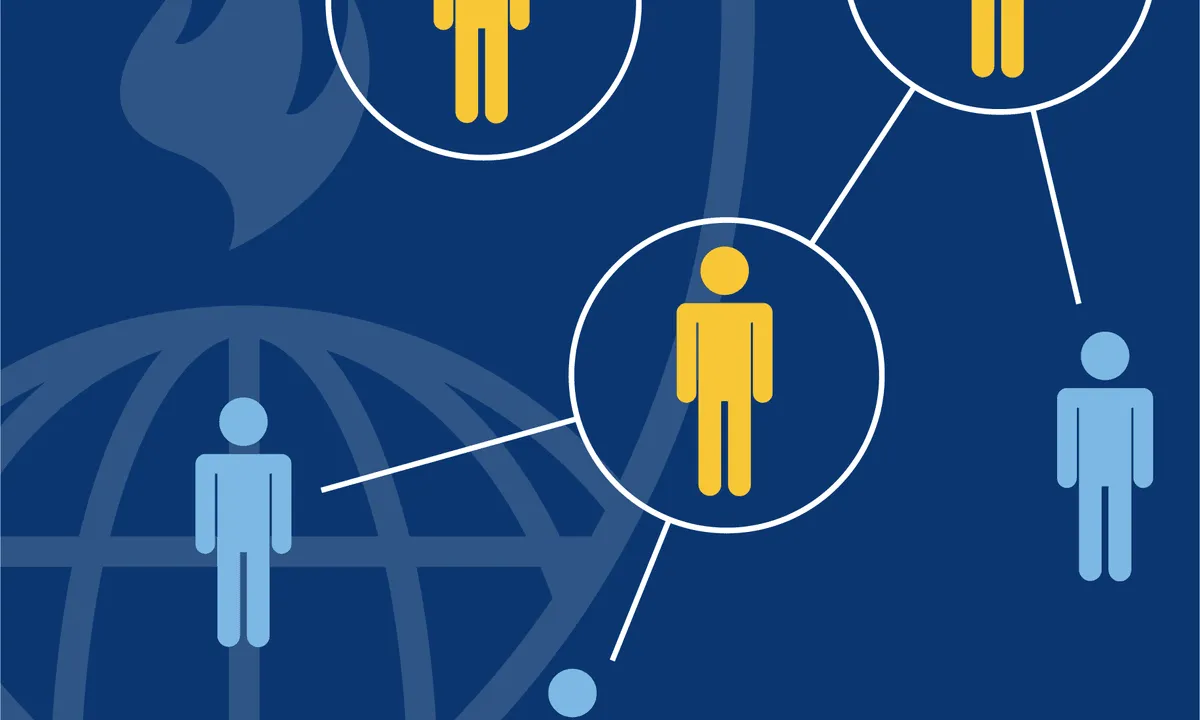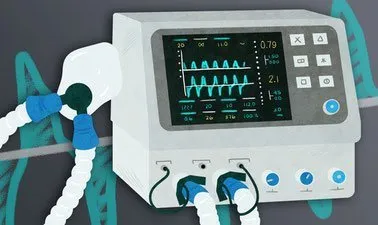
COVID-19 Contact Tracing For Nursing Professionals 
This course provides an overview of the far-reaching impact of COVID-19 and presents contact tracing as a tool to mitigate the spread of the disease for nurses in Texas. It is designed to help nursing professionals learn the skills needed to become contact tracers and obtain 10 CEU credits from The Texas Nurses Association. The course includes a pretest, 4 educational modules, and a post test in each module. Upon successful completion, a Certificate of Successful Completion will be awarded for 10 contact hours. ▼
ADVERTISEMENT
Course Feature
![]() Cost:
Cost:
Free
![]() Provider:
Provider:
Coursera
![]() Certificate:
Certificate:
Paid Certification
![]() Language:
Language:
English
![]() Start Date:
Start Date:
22nd Aug, 2022
Course Overview
❗The content presented here is sourced directly from Coursera platform. For comprehensive course details, including enrollment information, simply click on the 'Go to class' link on our website.
Updated in [May 25th, 2023]
This course provides nurses with the knowledge and skills to become contact tracers and help mitigate the spread of COVID-19. Learners will gain an understanding of the epidemiology of the virus, the principles of contact tracing, and the ethical considerations of contact tracing. They will also learn how to use contact tracing tools, such as the Texas Department of State Health Services (DSHS) Contact Tracing Toolkit, to identify and contact individuals who may have been exposed to the virus. Additionally, learners will gain an understanding of the importance of data privacy and security when conducting contact tracing. Finally, learners will be able to apply their knowledge and skills to contact tracing in their own practice.
[Applications]
Upon completion of this course, nursing professionals will be able to apply the knowledge and skills acquired to contact trace in their respective communities. They will be able to identify and assess the risk of COVID-19 transmission, provide education and resources to those affected, and collaborate with public health departments to ensure the safety of their communities. Additionally, they will be able to obtain 10 CEU credits from The Texas Nurses Association.
[Career Paths]
Job Position Paths:
1. Contact Tracing Coordinator: Contact tracing coordinators are responsible for overseeing the contact tracing process and ensuring that contact tracing is conducted in a timely and effective manner. They are also responsible for training contact tracers, providing guidance and support, and ensuring that contact tracing protocols are followed. As the demand for contact tracing increases, contact tracing coordinators will be in high demand.
2. Contact Tracer: Contact tracers are responsible for identifying and tracking individuals who have been exposed to COVID-19. They are also responsible for providing education and support to those individuals, as well as providing resources and referrals to help them manage their health. As the demand for contact tracing increases, contact tracers will be in high demand.
3. Public Health Educator: Public health educators are responsible for educating the public about the importance of contact tracing and the importance of following public health guidelines. They are also responsible for providing resources and referrals to help individuals manage their health. As the demand for contact tracing increases, public health educators will be in high demand.
4. Data Analyst: Data analysts are responsible for analyzing contact tracing data to identify trends and patterns. They are also responsible for developing strategies to improve contact tracing protocols and processes. As the demand for contact tracing increases, data analysts will be in high demand.
[Education Paths]
Recommended Degree Paths:
1. Bachelor of Science in Nursing (BSN): A BSN is a four-year degree program that prepares nurses to provide comprehensive care to patients. It also provides the foundation for advanced nursing roles, such as nurse practitioner, nurse educator, and nurse administrator. The BSN program focuses on the development of clinical skills, leadership, and critical thinking. With the increasing demand for nurses, the BSN degree is becoming more popular and is expected to continue to grow in the future.
2. Master of Science in Nursing (MSN): An MSN is a two-year degree program that prepares nurses for advanced practice roles. It focuses on the development of advanced clinical skills, research, and leadership. The MSN program also provides the opportunity to specialize in a particular area of nursing, such as family nurse practitioner, nurse educator, or nurse administrator. With the increasing demand for nurses, the MSN degree is becoming more popular and is expected to continue to grow in the future.
3. Doctor of Nursing Practice (DNP): A DNP is a doctoral degree program that prepares nurses for advanced practice roles. It focuses on the development of advanced clinical skills, research, and leadership. The DNP program also provides the opportunity to specialize in a particular area of nursing, such as family nurse practitioner, nurse educator, or nurse administrator. With the increasing demand for nurses, the DNP degree is becoming more popular and is expected to continue to grow in the future.
4. Doctor of Philosophy in Nursing (PhD): A PhD in Nursing is a doctoral degree program that prepares nurses for advanced research roles. It focuses on the development of advanced research skills, critical thinking, and leadership. The PhD program also provides the opportunity to specialize in a particular area of nursing, such as health policy, health informatics, or nursing education. With the increasing demand for nurses, the PhD degree is becoming more popular and is expected to continue to grow in the future.
Course Syllabus
Overview of COVID-19
COVID-19 is highly infectious caused by SARS-CoV-2 and can be spread by people with little or no symptoms. In this module we will cover the epidemiology and transmission of COVID-19 as well as offer more information about vaccines, vaccine development and treatment.Public Health in the Era of COVID-19
Diagnosing and investigating health problems and hazards in the community is an essential public health function and contact tracing is an invaluable part of this strategy. This module will explore effective communication skills, building rapport, and demonstrating cultural sensitivity and empathy in contact tracing.Contact Tracing 101
Ethical Issues and Special Populations
The process of contact tracing consists of four interrelated steps: reporting, investigation, identification, and follow-up. This module will describe the skills required to conduct COVID-19 contact investigation and elaborate on the systematic approach to conducting such an investigation.Course Provider

Provider Coursera's Stats at AZClass
Discussion and Reviews
0.0 (Based on 0 reviews)
Explore Similar Online Courses

Dialectical Behavioral Therapy (DBT)

Single Page Web Applications with AngularJS

Python for Informatics: Exploring Information

Social Network Analysis

Introduction to Systematic Review and Meta-Analysis

The Analytics Edge

DCO042 - Python For Informatics

Causal Diagrams: Draw Your Assumptions Before Your Conclusions

Whole genome sequencing of bacterial genomes - tools and applications

COVID-19 Contact Tracing

Mechanical Ventilation for COVID-19

COVID-19 in Slums & Informal Settlements: Guidelines & Responses
 Related Categories
Related Categories
 Popular Providers
Popular Providers
Quiz
 Submitted Sucessfully
Submitted Sucessfully
1. What is the deadline for enrolling in the course?
2. What is the passing score for the post test in each module?
3. Who should be emailed the completed certificate?
4. What is the end date for the course?
Correct Answer: July 1, 2022


Start your review of COVID-19 Contact Tracing For Nursing Professionals